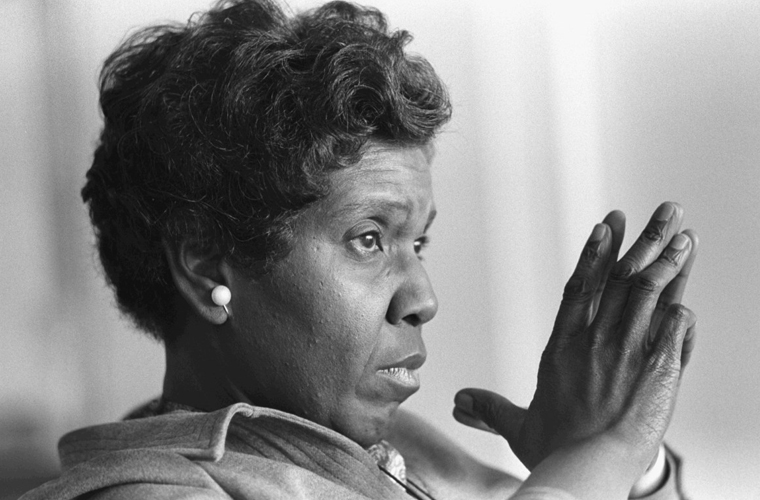At the 1976 Democratic National Convention, Jordan once again captured the public’s attention with her keynote address. She told the crowd, “My presence here . . . is one additional bit of evidence that the American dream need not forever be deferred.” Jordan had reportedly hoped to secure the position of U.S. attorney general within Jimmy Carter’s administration after he won the election, but Carter gave the post to someone else.
Announcing that she wouldn’t seek reelection, Jordan finished up her final term in 1979. Some thought that she might have gone farther in her political career, but it was later revealed that Jordan had been diagnosed with multiple sclerosis around this time. She took some time to reflect on her life and political career, penning Barbara Jordan: A Self-Portrait (1979). Jordan soon turned her attention toward educating future generations of politicians and public officials, accepting a professorship at the University of Texas at Austin. She became the Lyndon B. Johnson Centennial Chair of Public Policy in 1982.
The nation mourned the loss of a great pioneer who shaped the political landscape with her dedication to the Constitution, her commitment to ethics and her impressive oratory skills. “There was simply something about her that made you proud to be a part of the country that produced her,” said former Texas governor Ann Richards in remembrance of her colleague. President Clinton said, “Barbara always stirred our national conscience.”

